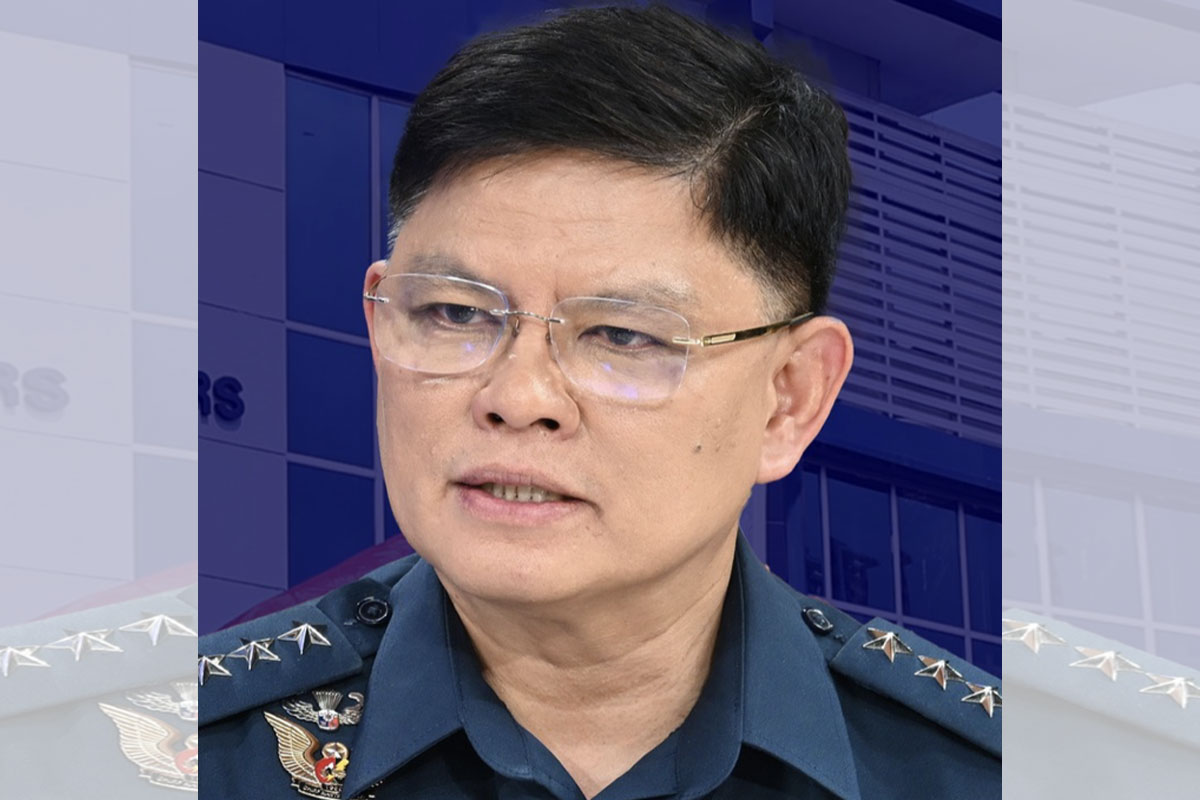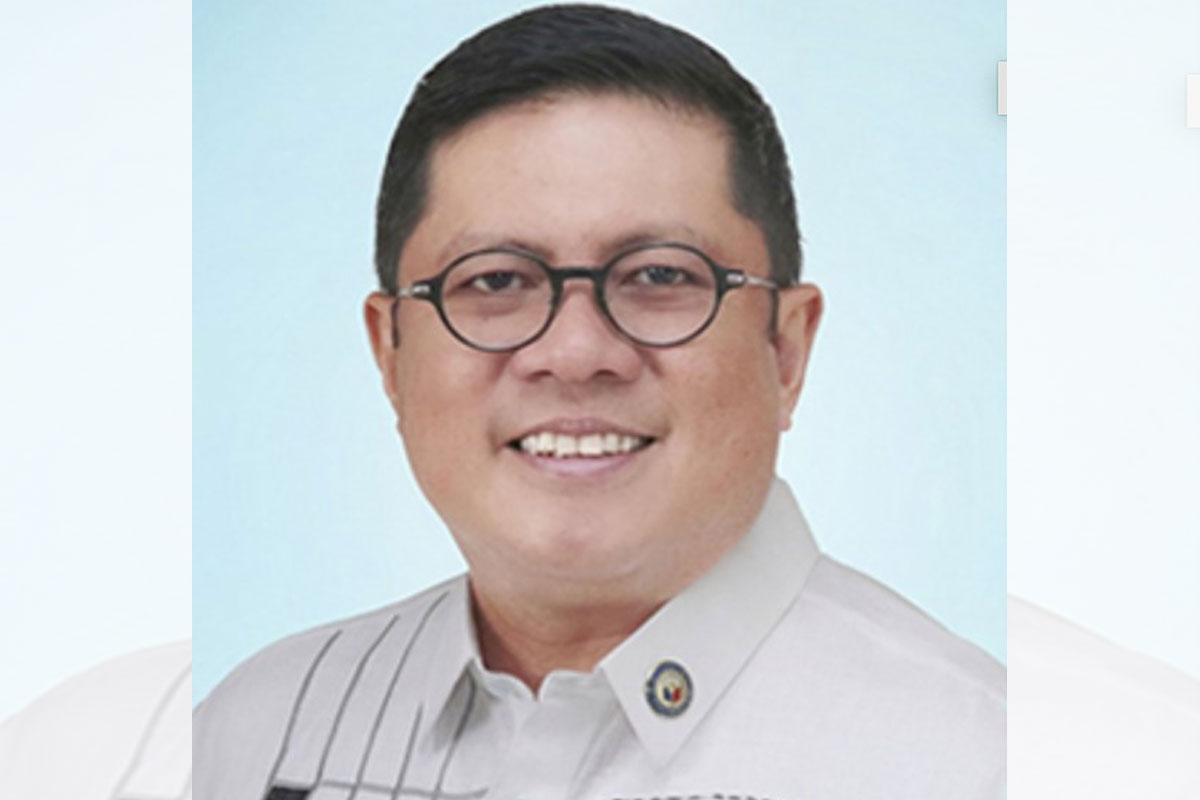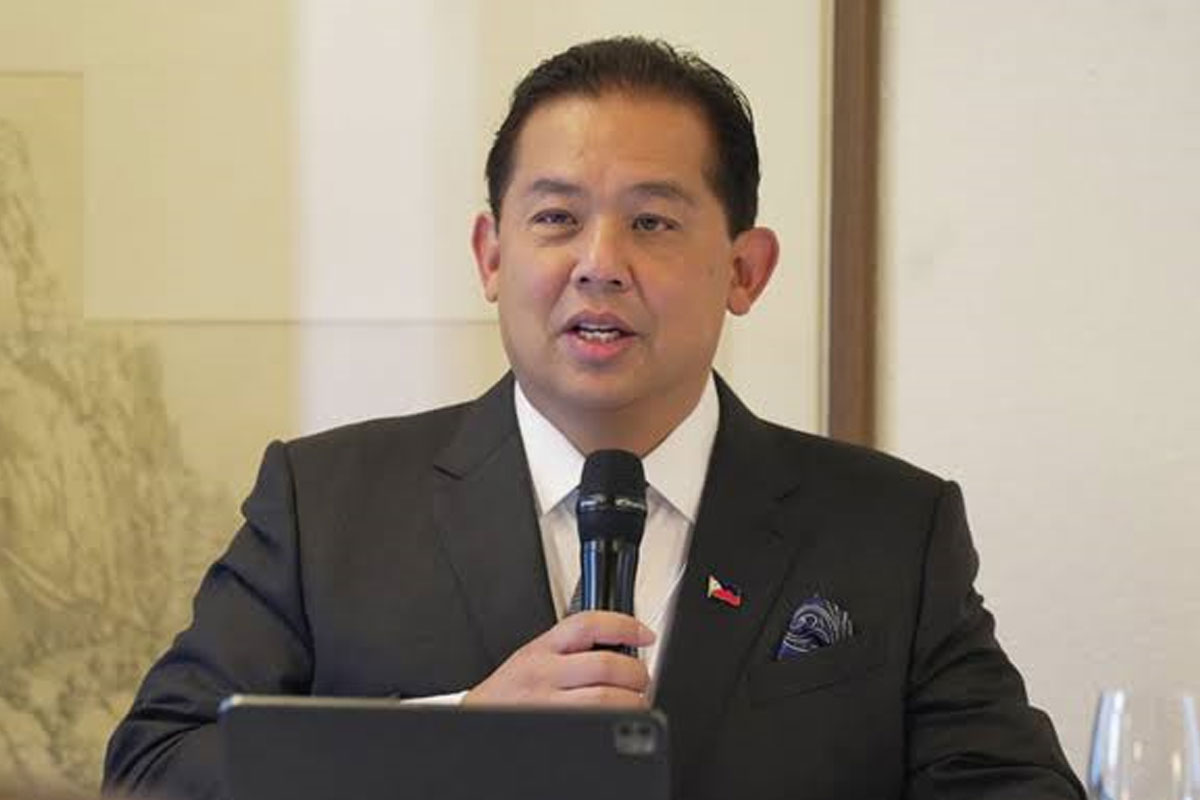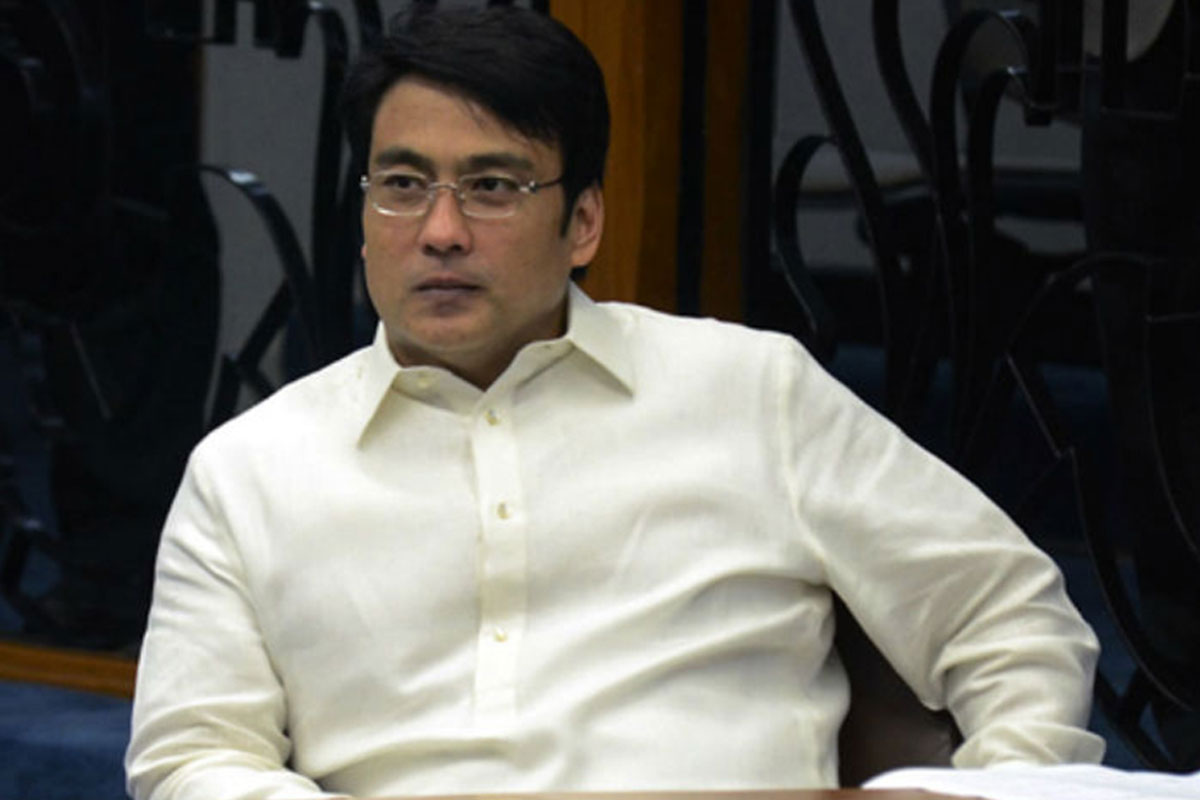
UNCLE SAM OFFERS HELP VS CYBERCRIME
THE United States expressed its readiness to help the Philippines find ways to combat cybercrimes and cyberattacks amid the spate of hackings in government websites over the past weeks.
In a roundtable discussion Wednesday, US Ambassador to the Philippines MaryKay Carlson said there is no specific request for assistance from the Philippines as of yet but communication is ongoing on ways to address “all types” of cyberattacks.
“We are already working closely on cyber issues,” she said. “We have a very active coordination on how we can together combat cybercrimes and cyberattacks of all types.”
She said cybersecurity is central to the Philippines-US relations given that data from the US is also tied to Philippine data, especially with the country’s large business process outsourcing sector.
“[W]hen Wall Street closes down a lot of those backroom operations transfer out here so it’s not just Philippine data that is endangered by any attacks here, it’s US data, it’s data globally that could potentially be affected,” she said.
“This is an important issue for US-Philippine relations and we are working very closely with the Philippines on ways that we can combat cyberattacks,” she added.
The Philippine Health Insurance Corp. was earlier subjected to a ransomware attack, with cyberhackers demanding roughly PHP17 million for the compromised database.
This month, the Philippine Statistics Authority also suffered a data breach in its Community-Based Monitoring System.
Meanwhile , Senator Alan Peter Cayetano said there are only certain agencies that are clearly in need of confidential funds, one of them is the Department of Information and Communications Technology (DICT) which is in dire need of resources to upgrade the government’s protection from cyber attacks.
In the Senate hearing conducted by the Committee on Science and Technology on the recent hacking spree of government websites, Cayetano, who chairs the Committee, cited ideas on how the DICT can improve the government’s defense against hackers.
For one, he said, the DICT can use confidential funds to buy information, such as by hiring a “black hacker” as a government asset.
“Another use of confidential funds is reward. Kung ang penalty sa crime na ginawa ay kulong ng five years, then y’ung nagsumbong sa kanya may P250,000 or P500,000, it prevents major breaches of our cybersecurity. It’s worth it,” he said.
The DICT’s budget for cybersecurity decreased from P1 billion in 2022 to P600 million in 2023, then to only P300 million this year.
“I’m not lobbying for you, but what I am saying is that there are certain agencies na talagang klarong klaro kung saan kailangan ang confidential fund. And klarong-klarong kailangan when you have something to do with security,” the senator said.
















